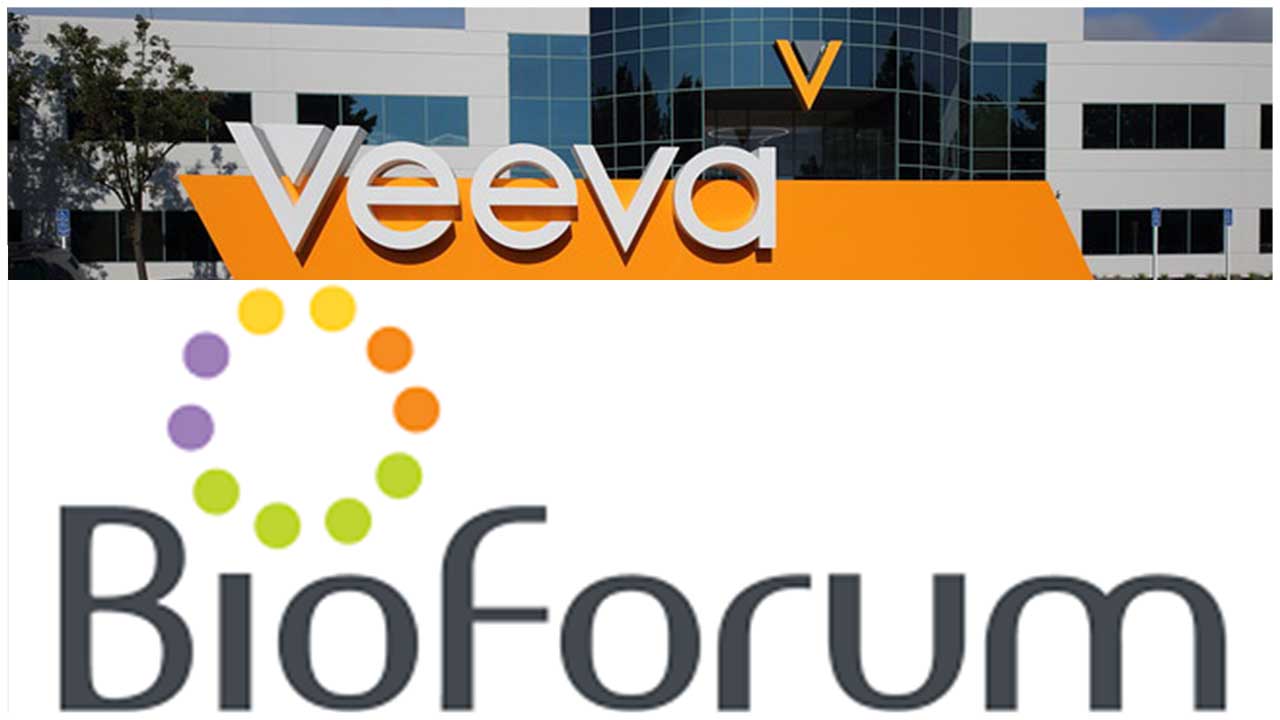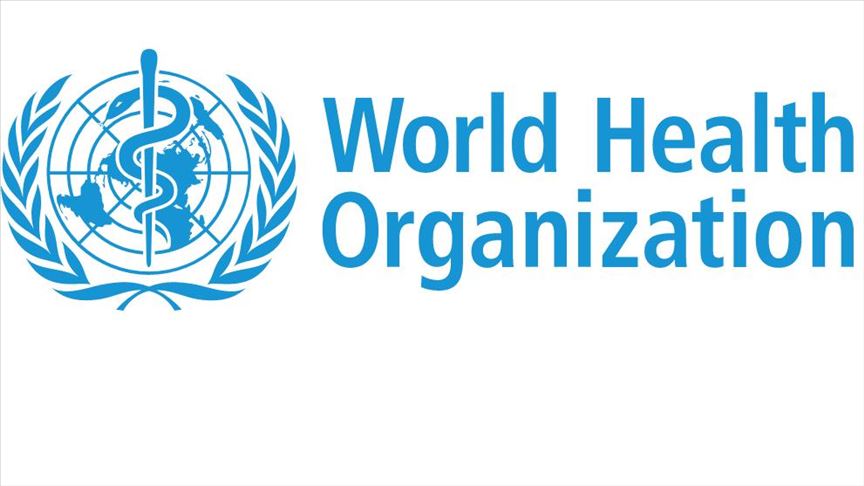-Veeva Systems (“Veeva”) and Bioforum today announced their collaboration with RedHill Biopharma Ltd. (Nasdaq: RDHL) (“RedHill”) on a global Phase 2/3 clinical study evaluating opaganib (Yeliva, ABC294640),1 a first-in-class, orally-administered, sphingosine kinase-2 (SK2) selective inhibitor, in patients hospitalized with severe COVID-19 pneumonia requiring treatment with supplemental oxygen.
Veeva and Bioforum partner with RedHill Biopharma to maximize value of opaganib Phase 2/3 COVID-19 clinical dataThe opaganib Phase 2/3 study is set to enroll up to 270 patients in up to 40 clinical sites around the world and collect broad and rigorous data in a short amount of time. To support the study, RedHill has adopted Veeva Vault CDMS, a modern cloud platform for electronic data capture (EDC), coding, data cleaning, and reporting. Vault CDMS provides RedHill with a flexible EDC that simplifies and streamlines processes for building and deploying clinical studies. Bioforum, a global data-focused contract research organization (CRO) and a certified Veeva partner, has been selected by RedHill, a long-time client, to implement and configure Vault CDMS for this COVID-19 study.
“With its unique dual anti-inflammatory and anti-viral mechanisms, opaganib has the potential to inhibit the key drivers of disease progression and address the serious unmet medical need for safe, effective, and life-saving treatments for patients with severe COVID-19,” said Aida Bibliowicz, vice president of clinical affairs at RedHill. “Our immediate goal is to compile clinical data as early as the fourth quarter of 2020 to support potential applications for emergency use authorizations of opaganib. As such, efficiency in our studies and the quality and integrity of our trial data is absolutely critical, and we are pleased to partner with Bioforum and Veeva to help ensure this.”
Vault CDMS enables trial sponsors and their CRO partners to manage studies collaboratively from build through execution. Veeva Vault EDC, part of Vault CDMS, provides an intuitive interface for capturing trial data and is designed for flexibility, enabling teams to create study builds faster and make mid-study changes with no downtime.
“RedHill’s opaganib is an exciting, needed drug candidate to overcome the pandemic,” said Henry Levy, general manager, Vault CDMS, sites and patients at Veeva Systems. “We’re thrilled that our technology and partnership with Bioforum are helping to drive innovation and look forward to working alongside RedHill in advancing this important treatment with the potential to save lives and improve the health of COVID-19 patients.”
Bioforum’s co-founder and president Amir Malka added: “We’re proud to be contributing to this important COVID-19 study. This continues our long-term partnership with RedHill, supporting their efforts to rapidly advance global clinical development programs and deliver therapies that make a meaningful difference in patients’ lives. We’re confident that together with Veeva, we can help clients like RedHill improve efficiencies in all stages of clinical development — from study design and start-up through execution and submission.”
About Opaganib (ABC294640, Yeliva®)
Opaganib, a new chemical entity, is a proprietary, first-in-class, orally-administered, sphingosine kinase-2 (SK2) selective inhibitor with anticancer, anti-inflammatory, and anti-viral activities, targeting multiple oncology, viral, inflammatory, and gastrointestinal indications. By inhibiting SK2, opaganib impacts multiple cellular pathways which are associated with cancer growth, viral replication, and pathological inflammation.
Opaganib received Orphan Drug designation from the U.S. Food and Drug Administration (FDA) for the treatment of cholangiocarcinoma and is being evaluated in a Phase 2a study in advanced cholangiocarcinoma and in a Phase 2 study in prostate cancer. Opaganib is also being evaluated in a global Phase 2/3 study and a U.S. Phase 2 study for the treatment of coronavirus (COVID-19).
Pre-clinical data have demonstrated both anti-inflammatory and anti-viral activities of opaganib, with the potential to reduce lung inflammatory disorders, such as pneumonia, and mitigate pulmonary fibrotic damage. Opaganib demonstrated potent anti-viral activity against SARS-CoV-2, the virus that causes COVID-19, completely inhibiting viral replication in an in vitro model of human lung bronchial tissue. Additionally, pre-clinical in vivo studies2 have demonstrated that opaganib decreased fatality rates from influenza virus infection and ameliorated Pseudomonas aeruginosa-induced lung injury by reducing the levels of IL-6 and TNF-alpha in bronchoalveolar lavage fluids.
Opaganib was originally developed by U.S.-based Apogee Biotechnology Corp. and completed multiple successful pre-clinical studies in oncology, inflammation, GI, and radioprotection models, as well as a Phase 1 clinical study in cancer patients with advanced solid tumors.
Under a compassionate use program, COVID-19 patients (as classified by the WHO ordinal scale) were treated with opaganib in a leading hospital in Israel. Data from the treatment of these first patients with severe COVID-19 with opaganib have recently been published.3 Analysis of treatment outcomes suggested substantial benefit to patients treated with opaganib under compassionate use in both clinical outcomes and inflammatory markers as compared to a retrospective matched case-control group from the same hospital. All patients in the opaganib-treated group were discharged from hospital without requiring mechanical ventilation, whereas 33% of the matched case-control group required mechanical ventilation. The median time to weaning from high-flow nasal cannula was reduced to 10 days in the opaganib-treated group, as compared to 15 days in the matched case-control group. The development of opaganib has been supported by grants and contracts from U.S. federal and state government agencies awarded to Apogee Biotechnology Corp., including from the NCI, BARDA, the U.S. Department of Defense, and the FDA Office of Orphan Products Development.

 Veeva Vault CDMS and Bioforum selected to optimize clinical data management for RedHill’s global Phase 2/3 clinical trial
Veeva Vault CDMS and Bioforum selected to optimize clinical data management for RedHill’s global Phase 2/3 clinical trial





















.jpeg)






.jpg)




.jpg)





.jpeg)
